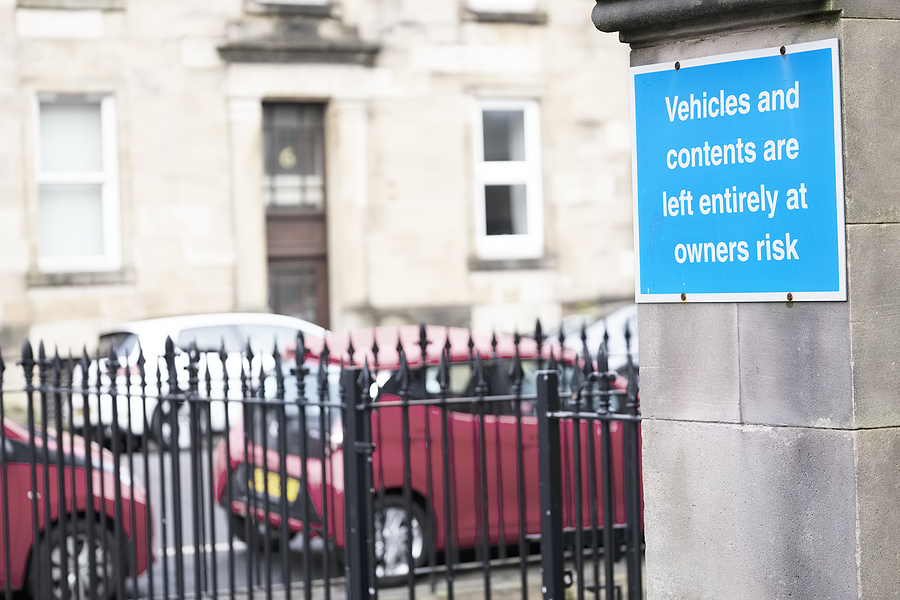Premises Liability in New York
Brian Magnosi | Premises Liability | September 12, 2020

The National Safety Council reports that over 12,000 people died in 2018 from falls in public places. The NSC describes these deaths as preventable, meaning that, for each of those victims, someone else’s carelessness led to tragedy. When falls and other accidents occur on public or private property, the owner’s responsibility is known as Premises Liability. The legal concept of premises liability refers to the duty of a property owner to exercise reasonable care to protect his guests. This duty can even extend to trespassers in some circumstances.
Possible Hazards
The types of dangers you might expect to find in public and private buildings include:
- Water from leaky roofs, pipes, or appliances
- Loose handrails, steps, carpets, or flooring materials
- Electrical hazards from unprotected light sockets or electrical wires
- Objects left in walkways
- Accidental drownings in unattended swimming pools
- Unsecured signs, pictures, or other objects
- Crushing injuries from shelving, storage units, or heavy furniture
Who is Responsible?
When the owner of the of a private or public building such as the City of New York, NYC housing authority or private landlordsallow known hazards to remain, the owner can be held responsible for injuries caused by the hazard. If a landlord fails to repair a faulty handrail, for example, he can be held responsible for injuries to a tenant or guest who falls on the staircase.
The owner of a public building such as NYC housing authorities to residents and guests can be held responsible for injuries to customers or others who are injured by falling objects, who fall on uneven surfaces, or who are injured when unsecured merchandise or storage units fall on people.
Owners of property are expected to notify their guests or customers of any known hazards. That includes provide a proper sign to warn people of wet floors or other dangerous conditions that they knew about or should have known about.
Swimming pools must be surrounded by fences to keep curious children out, on both public and private property. Signs should be present warning pool users about shallow water or slippery surfaces. Since swimming pools are considered an “attractive nuisance” that is appealing to children, pool owners may even be held responsible for trespassers, if they fail to take reasonable precautions to keep children and others out.
What to Do if You Are Injured
If you are injured in a public building, commercial establishment, or in a private home, try to see if you can find the source of the injury – was there a spill on the floor/ Did something fall from the ceiling? Was there debris around? Did a railing or other safety equipment fail?
Make sure to report the injury to the manager or property owner, take photos and make a record. If you fail to report the incident it may be more difficult to prove your case or assert a claim. Get medical attention as soon as possible after the incident. Do not make a recorded statement, and do not admit fa
Call a New York personal injury attorney right away.
Experience Counts
The dedicated personal injury attorneys at Mirman, Markovitz & Landau, PC have been successfully representing injured persons since 1977, and have recovered millions of dollars in settlements and judgments on public and private property. Call us today at 212-227-4000.
